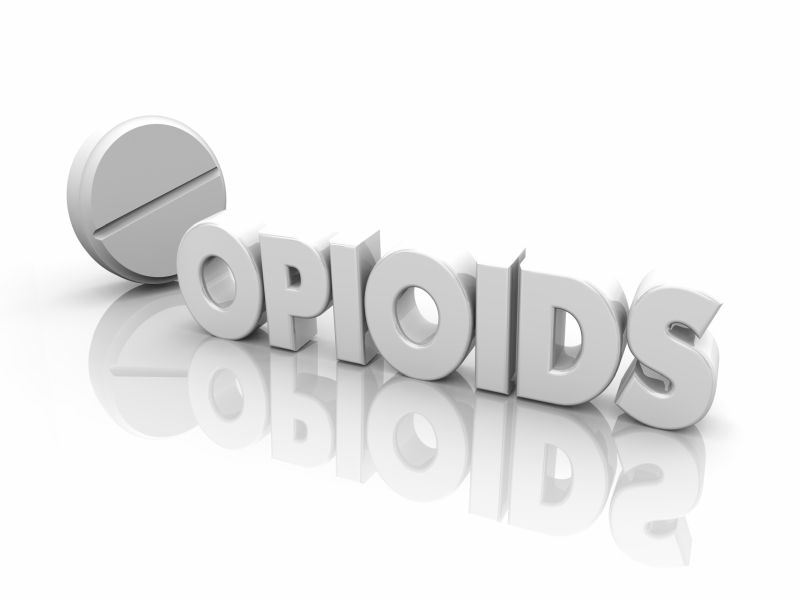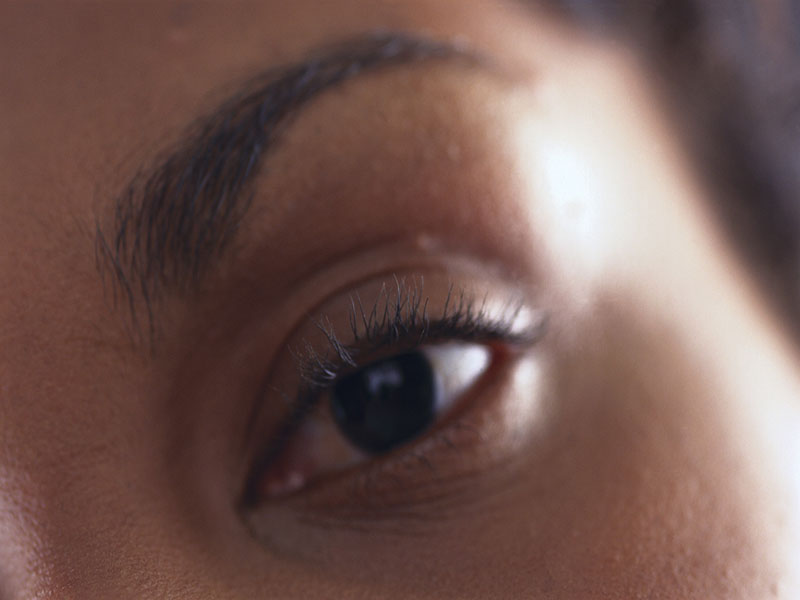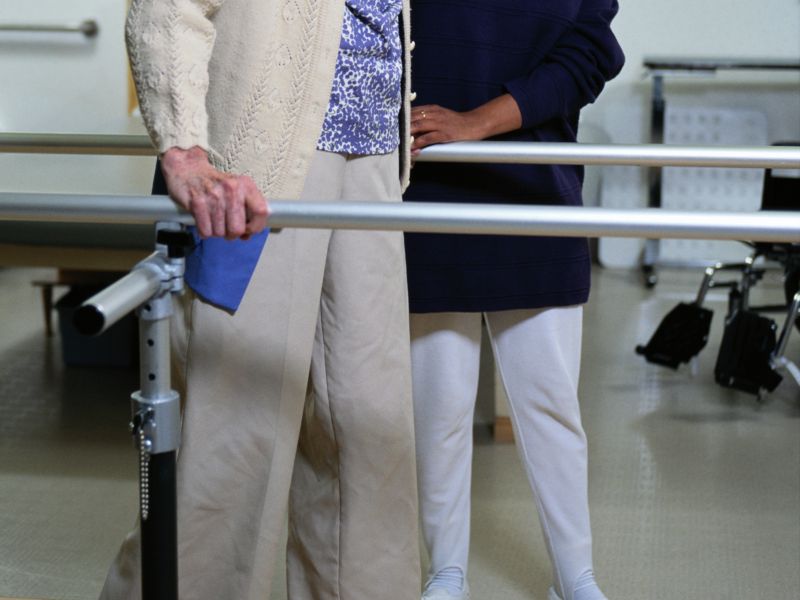
Early to bed and early to rise? In its extreme form, this tendency is more common than previously believed, according to a new study. Going to sleep at 8 p.m. and waking up as early as 4 a.m. is called advanced sleep phase. It was believed to be rare, but this study concluded that it… read on >





























